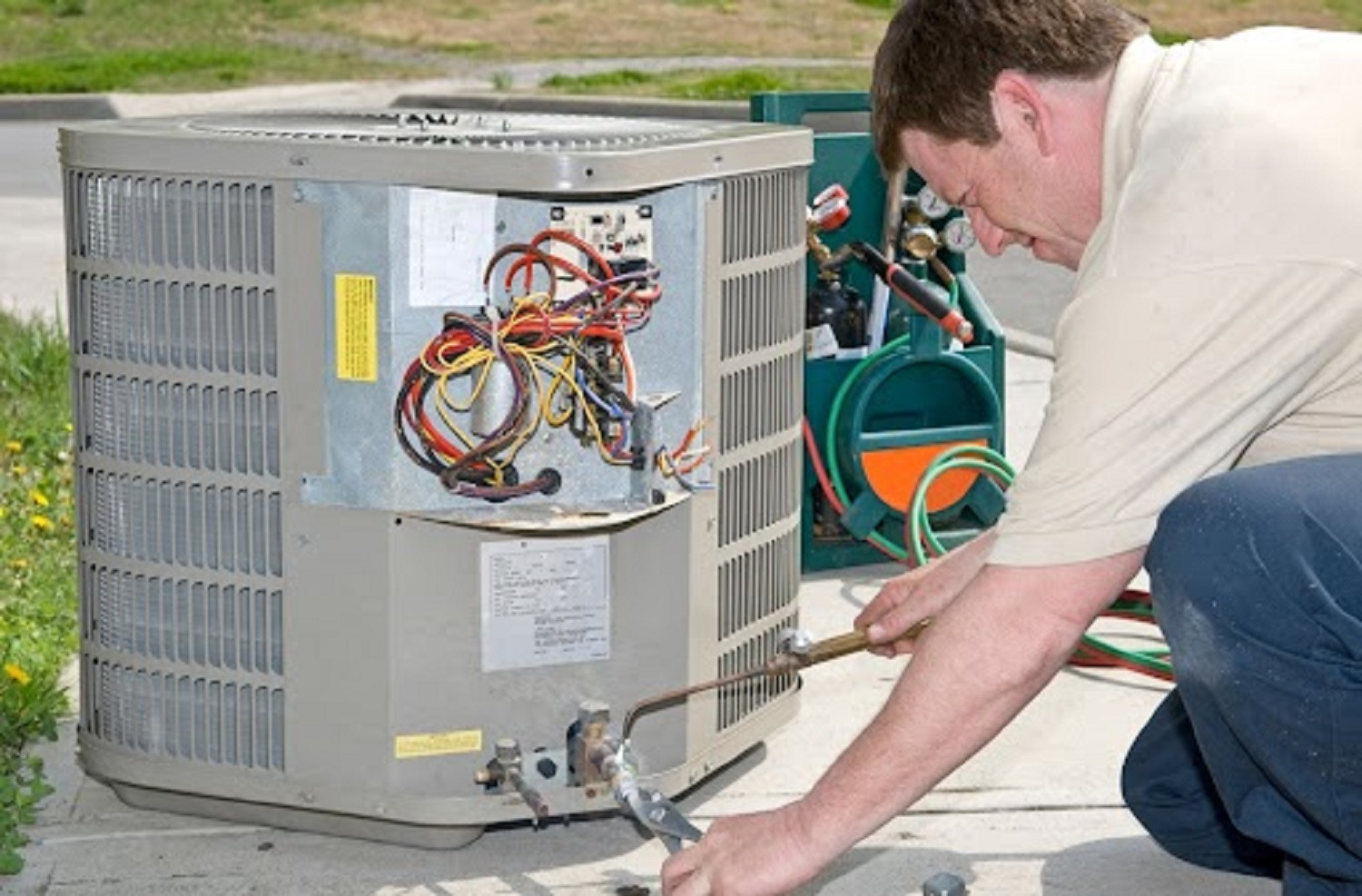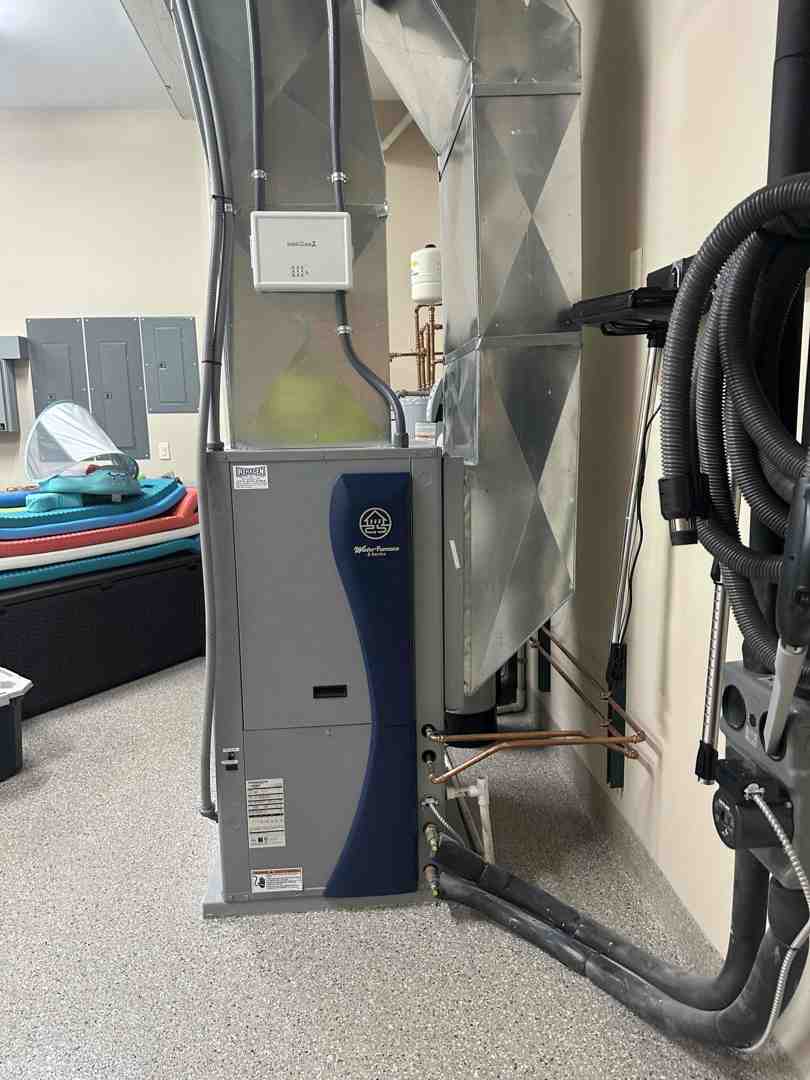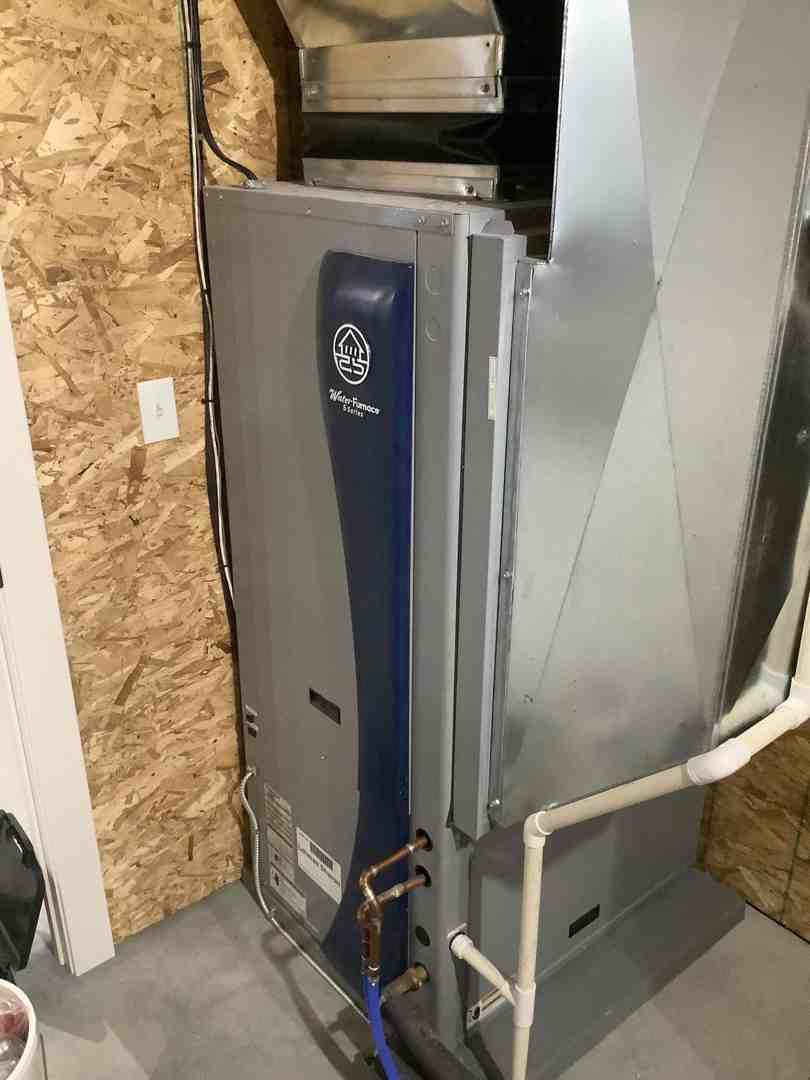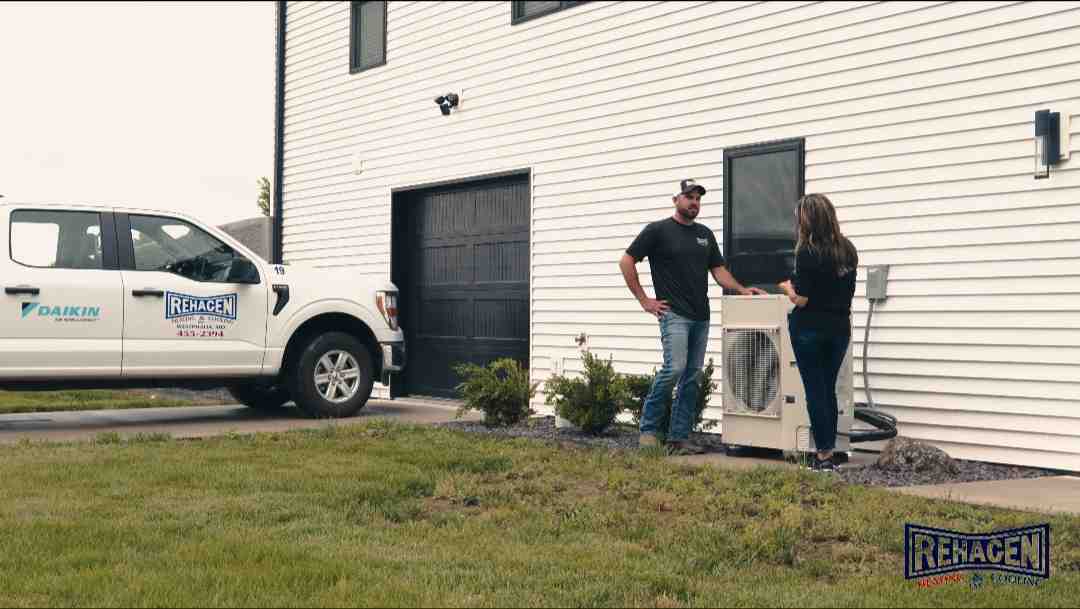7 AC Capacitor Failure Signs Every California Homeowner Should Know
Discover how flickering lights and slow start-ups hint at AC capacitor trouble. Learn when California homeowners should contact technicians for repairs.



Air conditioning systems work hard through the hot summer months in California, and when one starts to slip, homeowners often feel it right away. While there are many parts that help keep an AC unit working, the capacitor plays an important role behind the scenes. It helps your system start up efficiently and stay running. When the capacitor begins to fail, the symptoms might show up before the unit stops working entirely.
The good news is that if you know what to watch for, you can get ahead of a costly breakdown. Ignoring early warning signs can lead to a total system failure or damage to other parts. Whether it is flickering lights, strange sounds, or trouble starting up, these signs should not be ignored. Addressing them early makes it easier and less expensive to fix.
Flickering Or Dimming Lights
One of the first signs that often gets noticed is flickering or dimming lights, especially when your AC unit kicks on. This is not always just a minor electrical quirk. When an AC capacitor starts to fail, it may draw more power from your electrical system than usual. That sudden demand can cause lights throughout your house to momentarily dim each time the unit tries to start.
This problem tends to show up more in older homes or places where the wiring has limited capacity. While it might not seem like a big deal at first, flickering lights paired with AC activity is a red flag. It often means that the capacitor is struggling to give the compressor or fan motor the jolt of energy needed to start properly.
You might see these signs:
- Lights dim momentarily every time the AC unit starts
- Lightbulbs blowing out more frequently
- Circuit breaker trips tied to AC usage
If any of these issues sound familiar, it is a strong indicator that your capacitor could be wearing out. It is best to have our technicians inspect the system before it causes more damage.
Slow Start-Up Time
Another common symptom of a capacitor issue is when your AC system takes longer than normal to start. You might hear the thermostat click, but the outdoor unit either hesitates or stalls for a few seconds before kicking on. That delay is not just odd—it is a sign the system is struggling to receive the push it needs at startup.
Your capacitor acts like a temporary battery. It stores energy to help motors start and keep running. When it is worn out, there is a delay or failure in that energy transfer, which impacts how quickly the unit begins cooling your home.
Let’s say you usually hear your system start within a second or two after adjusting the thermostat. If you suddenly notice it taking five to ten seconds—or longer—that is worth paying attention to. Sometimes, the unit will not start at all on the first attempt, requiring a second or third try. Repeated struggles to start put stress on the motor, eventually causing it to fail too.
Responding early to a slow start-up can prevent extensive repairs. It is a sign that something is off, and capacitor failure is often the culprit.
Unusual Noises From The Unit
Odd sounds coming from your AC can be easy to miss at first. Maybe there is a low hum you do not remember hearing before. Or maybe there is a clicking sound just before it powers on. These are not just background noises—they are often signals that something internal is not right.
A failing capacitor generates certain noises as the electrical parts inside it have trouble transferring power correctly. Listen for these common sounds:
- A noticeable humming that is louder than usual
- Clicking noises at startup
- Buzzing sounds while the unit is running
These sounds tend to come from the outdoor unit and grow louder over time. One homeowner in California thought their AC unit was just aging because of a faint buzzing sound, and within a week, the whole system shut down. When our technicians checked it out, the capacitor had completely failed.
If your AC unit is making new or unusual sounds, it is worth having it looked at. Sounds that seem minor at first often point to electrical issues that could lead to full system failure if ignored. Identifying this early can help preserve both comfort and the health of your unit.
AC Unit Turns Off on Its Own
If your AC unit shuts off on its own without warning, and it is not due to thermostat settings or a power outage, do not dismiss it. One of the most common causes behind unexpected shut-offs is a failing capacitor. This component controls the flow of energy that keeps the compressor and fan motor running. When that flow becomes unstable, your unit may keep shutting down as a safety measure.
Frequent on-and-off cycling can lead to wear and tear on the electrical components. Over time, these quick restarts and stops stress the fan motor and compressor. You might notice that your home does not get as cool as it should, or that it takes longer than normal to regulate the indoor temperature.
Here is what to look for:
- The outdoor unit stops, but the indoor fan keeps running
- AC shuts off shortly after starting
- Frequent short cooling cycles that do not reach the set temperature
If your system is shutting down multiple times throughout the day, it is a smart move to have our technicians assess the issue. Repairing a failing capacitor early can prevent added strain on the unit and avoid expensive replacements later.
Rising Energy Bills with No Clear Cause
When there is no major change in outdoor temperature, household usage, or thermostat settings, but your utility bill keeps going up, your AC system may be working harder than it should. One hidden cause of rising energy use is a weak or deteriorating capacitor.
A failing capacitor causes AC components to run inefficiently. Motors may draw more power to compensate for the poor energy transfer, which not only strains the system but pulls more electricity from your home's supply. The capacitor may also fail to support full-speed operation, causing the unit to lag or cycle more than normal.
Take a closer look if:
- Your AC takes longer than usual to cool your home
- The system seems like it is running constantly
- You are using the same settings as before, but your bill keeps rising
Higher energy use with no obvious reason is rarely something that fixes itself. In many California homes, replacing the capacitor restored efficiency and comfort right away. Our technicians can determine if this is the cause and take care of it before bigger issues develop.
Failure to Cool Your Home Evenly
If your AC is running, but your living space feels warm and stuffy, it could be more than just a clogged filter or blocked vent. A capacitor that is on the way out often causes the compressor or fan motor to function at a reduced level or stop altogether. That makes it harder for the unit to circulate air or remove humidity the way it should.
Maybe your AC has been running longer hours, but some rooms still feel hotter than others. Inconsistent cooling like this may seem like a ventilation issue, but it is often traced back to the capacitor. Since this part helps power essential components, any strain or failure can reduce airflow and cooling strength.
Here is what you might notice:
- Your home never reaches the temperature set on the thermostat
- Some areas feel significantly cooler or warmer than others
- The air coming from the vents feels weak or lukewarm
If the problem persists after changing filters and checking for visible issues, it is time to let one of our professionals take a closer look. Capacitor problems can be hard to spot without proper testing, but left untreated, they often lead to complete system breakdowns.
Call a Professional When You Spot the Signs
AC capacitor issues can creep up slowly or show up all at once. Ignoring the smaller signals like noise, dimming lights, or uneven cooling can lead to bigger problems that require full system repairs or replacement. If anything about your system seems off or your AC unit does not behave like it used to, it is a smart move to have it checked.
Letting our professionals investigate early signs of capacitor trouble can help catch problems before they cost you more money or leave you without cooling during a heatwave. Capacitors are a small but essential part of your system, and replacing them when needed keeps your unit efficient and reliable.
Keep Your California AC System Running Smoothly
The heat in California is no joke, especially in the late summer months when your home’s cooling system is under steady pressure. That is why noticing and responding to AC capacitor issues early can make all the difference. Whether your lights flicker, your unit stops suddenly, or cooling performance drops, recognizing these signs gives you the upper hand against costly breakdowns.
A smooth-running AC system keeps your household comfortable and energy bills manageable. It also cuts down on wear and tear across the entire HVAC system. Staying alert to performance changes and acting quickly when something seems off is the best way to keep your home cool and stress-free all season long.
If you detect any of these signs in your home, it may be time to have our professionals assess your unit and prevent further issues; a failing capacitor can compromise your system's efficiency and lead to unexpected breakdowns. Ensuring timely maintenance can keep your cooling system running at its best, and for reliable AC repair in California and ongoing support, Rehagen Heating & Cooling, Inc. offers expert service to address even the smallest concerns. For a quick estimate or to book a service visit, please contact us today.
Related articles
request service












